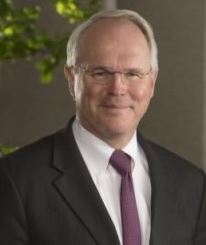
with Amb. Christopher Hill
09/02/2020
Ambassador Christopher Hill served as a peace corps volunteer in the Republic of Cameroon from 1974 – 1976 before joining the State Department in 1977. Throughout his diplomatic career, he served as Ambassador of the United States to the Former Yugoslav Republic of Macedonia from 1996 – 1999, Special Envoy to Kosovo from 1998-1999, Ambassador to Poland from 2000 – 2004, and Ambassador to the Republic of Korea from 2004 – 2005.
Ambassador Hill went on to be appointed Assistant Secretary of State for East Asian and Pacific Affairs and the head of delegation for the ‘six-party talks’ that aimed to resolve the North Korean nuclear crisis of 2005. President Barrack Obama nominated him for the post of US Ambassador to Iraq in 2009. After retiring from the State Department, Ambassador Hill is currently the Chief Advisor to the Chancellor for Global Engagement and Professor of the Practice in Diplomacy at the University of Denver. Prior to this position, he was the Dean of the Josef Korbel School of International Studies at the University of Denver, a position he held from September 2010 to December 2017. He is also the author of Outpost: A Diplomat at Work.
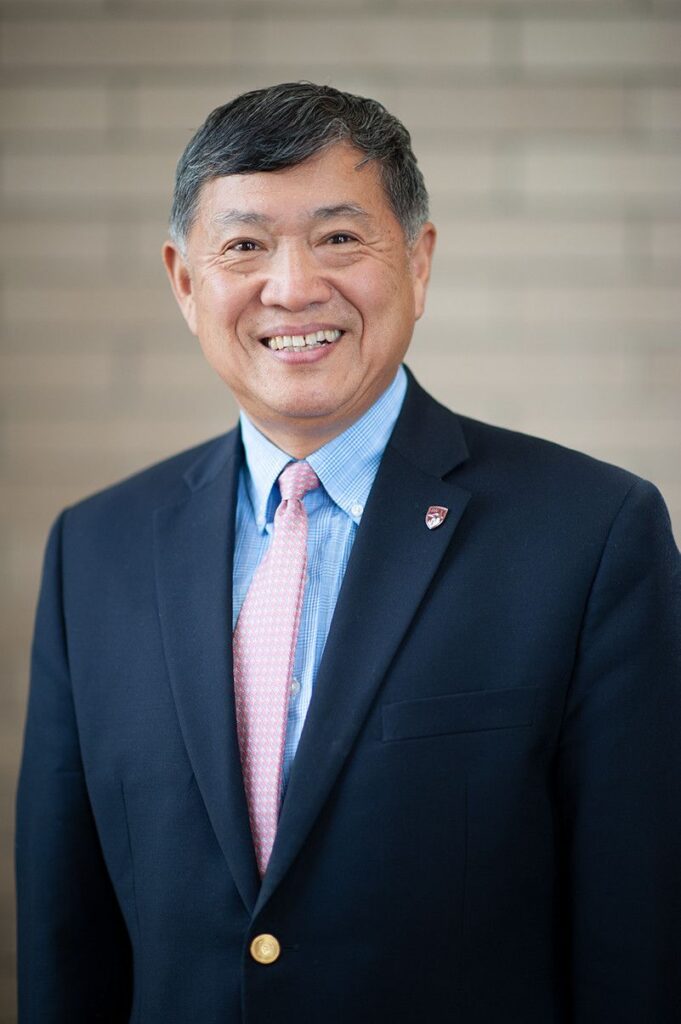
with Dr. Sam Zhao
09/24/2020
Dr. Suisheng (Sam) Zhao is Professor and Director of the Center for China-US Cooperation at Josef Korbel School of International Studies, University of Denver. A founding editor of the Journal of Contemporary China, he is a member of the Board of Governors of the US Committee of the Council for Security Cooperation in the Asia Pacific, a member of National Committee on US-China Relations, a Research Associate at the Fairbanks Center for East Asian Research in Harvard University, and an honorary jianzhi professor at Beijing University, Renmin University, China University of International Relations, Fudan University and Shanghai Foreign Studies University.
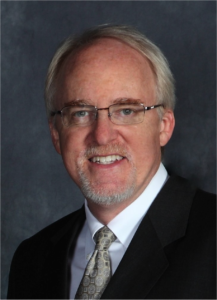
with Ambassador John Beryle
10/08/2020
Ambassador John Beyrle was elected Chairman of the U.S. Russia Foundation on October 2018. Prior to this appointment, Ambassador Beyrle served as an American diplomat for more than three decades in foreign postings and domestic assignments focused on Central and Eastern Europe, the Soviet Union, and Russia. He was twice appointed ambassador: to Bulgaria (2005-08) and to Russia (2008-12). During the latter assignment he led the implementation of policies resulting in improved U.S.-Russian relations, highlighted by the signing of the START nuclear arms reduction treaty, Russia’s accession to the World Trade Organization, and liberalized visa formalities.
Ambassador Beyrle’s diplomatic service included two earlier tours at the U.S. embassy in Moscow, including as deputy chief of mission. He also served as counselor for political and economic affairs at the U.S. embassy in the Czech Republic, and a member of the U.S. delegation to the CFE arms control negotiations in Vienna. His Washington assignments included special adviser to the secretary of state for the New Independent States, and director for Russian, Ukrainian and Eurasian affairs on the staff of the National Security Council. He traveled extensively with Secretaries of State George Shultz and James Baker as a staff officer in the 1980s, and served as a Pearson Fellow and adviser to Senator Paul Simon, a senior member of the Senate Foreign Relations Committee.
Ambassador Beyrle received the Presidential Meritorious Service Award during the Administration of George W. Bush, and the Presidential Distinguished Service Award from President Obama. Secretary of State Clinton presented him with the Distinguished Service Award, the State Department’s highest honor. He retired from the Foreign Service in 2012. Ambassador Beyrle serves on the board of directors of the U.S. Russia Foundation for Economic Advancement and the Rule of Law and provides consulting services to non-profit and corporate clients.
A native of Muskegon, Michigan, Mr. Beyrle received a B.A. with honors from Grand Valley State University (1975) and an M.S. as a Distinguished Graduate of the National War College (1996), where he later taught as a visiting professor of national security studies. He speaks Bulgarian, Czech, French, German and Russian. He is married to Jocelyn Greene, also a retired Foreign Service officer. They have two daughters.
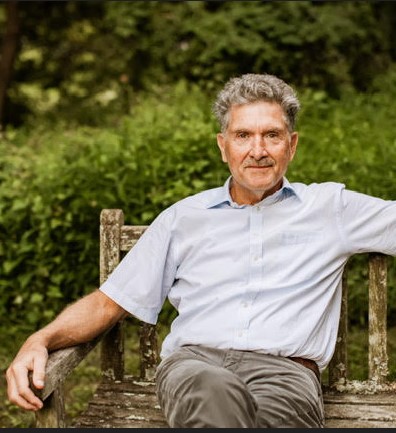
with Anthony Carroll
10/20/2020
Anthony Carroll is a practicing corporate attorney with twenty years experience working in international development and investment with a particular emphasis on sub-Saharan Africa. His professional assignments have allowed Tony to work on issues involving many African countries including oil and gas/energy, construction material manufacturing, fisheries and textile investments in Ghana. His expertise on WTO issues, cross-border investment and corporate commercial transactions, business registration and the development of business and professional associations.
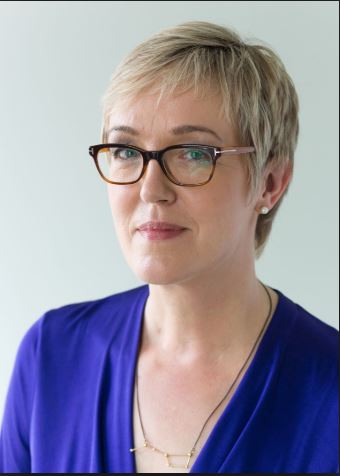
with Constanze Stelzenmüller
11/11/2020
Constanze Stelzenmüller, an expert on German, European, and transatlantic foreign and security policy and strategy, is the inaugural Robert Bosch senior fellow in the Center on the United States and Europe at Brookings. Prior to working at Brookings, she was a senior transatlantic fellow with the German Marshall Fund of the United States (GMF), where she directed the influential Transatlantic Trends survey program. Her areas of expertise include: transatlantic relations; German foreign policy; NATO; the European Union’s foreign, security, and defense policy; international law; and human rights. Stelzenmüller is the former director of GMF’s Berlin office.
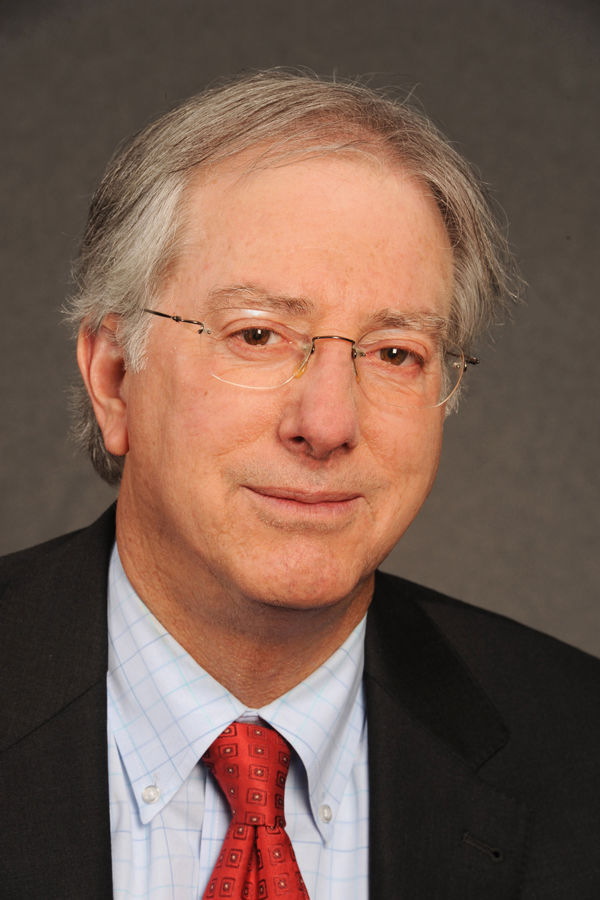
with Ambassador Dennis Ross
11/17/2020
Ambassador Dennis Ross is Counselor and William Davidson Distinguished Fellow at the Washington Institute for Near East Policy. For more than twelve years, Amb. Ross played a leading role in shaping U.S. involvement in the Middle East peace process, dealing directly with the parties as the U.S. point man on the peace process in both the George H. W. Bush and Bill Clinton administrations. He served two years as special assistant to President Obama and National Security Council senior director for the Central Region, and a year as special advisor to Secretary of State Hillary Rodham Clinton.
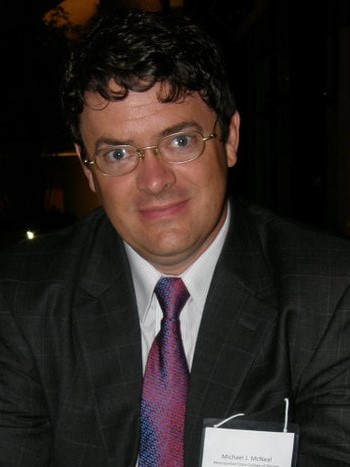
with Dr. Michael McNeal & Dr. Kevin Archer
12/09/2020
Dr. Michael J. McNeal has been involved in the DCFR at various times throughout the past twenty years. He received his Ph.D. from JKSIS at the University of Denver, focusing on political theory and international relations. During an academic year in Budapest in 1992, McNeal began an eight year study of the civil wars in the former Yugoslavia, making multiple visits to Belgrade, Zagreb, and Ljubljana during the conflicts. This culminated in two periods of work in Sarajevo (resettling IDPs in 1998 and working for the U.S. Embassy and OSCE in 2000). During a year living in Athens, he examined the transnational constituency of Albanians and ethno-national relations in Montenegro, Kosovo, North Macedonia, and northern Greece.
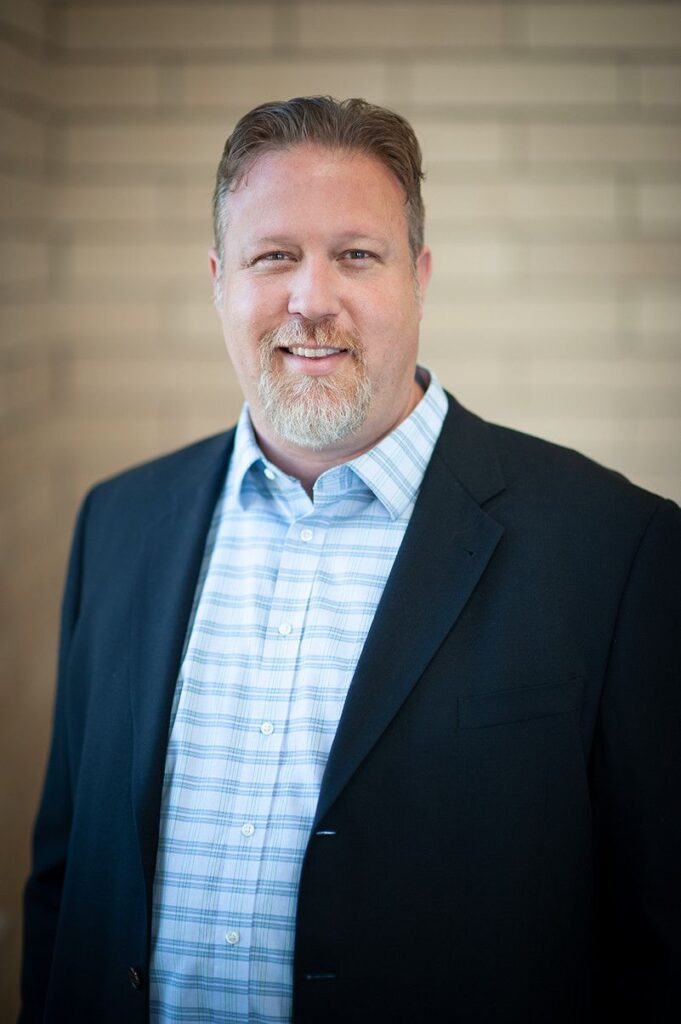
Dr. Kevin Archer is a Teaching Professor, Associate Dean of Student Affairs, and the Director of International Programs at the University of Denver’s Josef Korbel School of International Studies. The former Director of International Studies at Point Loma Nazarene University, Dr. Archer has taught extensively on the international political economy, global governance, US foreign policy, and multilateral negotiation theory. Outside of academia, Dr. Archer is the founder and president of the Institute for Global Education – a university operated study abroad program in Vienna, Austria and soon Athens, Greece – as well as a member of the Denver Council on Foreign Relations.
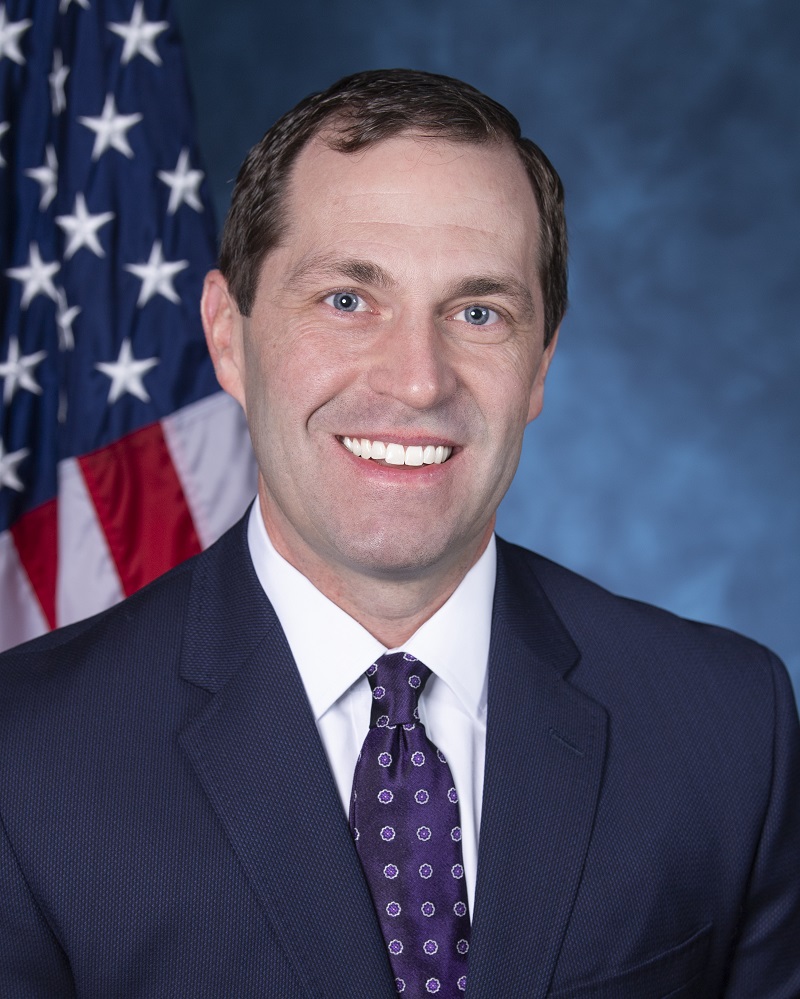
with Congressman Jason Crow
12/17/2020
A former Army Ranger and lawyer, Congressman Jason Crow represents Colorado’s Sixth Congressional District, encompassing Aurora and parts of Adams and Douglas Counties. Congressman Crow serves on the Armed Services Committee where he oversees ongoing military operations and defense technology as well as the Subcommittee on Readiness. On the Subcommittee on Intelligence, Emerging Threats and Capabilities, Representative Crow oversees and creates policy on military intelligence, cybersecurity, special forces operations, and to counter nuclear proliferation and terrorism. Representative Crow is working to find both foreign policy and domestic solutions as a member of : Army Caucus, Ethiopian-American Caucus, Iraq Caucus, Syria Caucus, Congressional Armenian Caucus, Refugee Caucus among others.
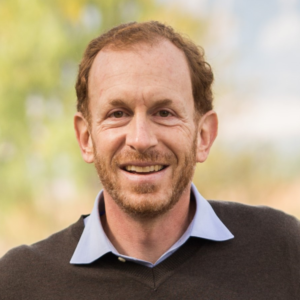
with Dr. Morgan Bazilian
01/19/2021
Dr. Morgan Bazilian is the Director of the Payne Institute and Professor of Public Policy at the Colorado School of Mines. Previously, he was Lead Energy Specialist at the World Bank. He has over two decades of experience in the energy sector and is regarded as a leading expert in international affairs, policy, and investment.
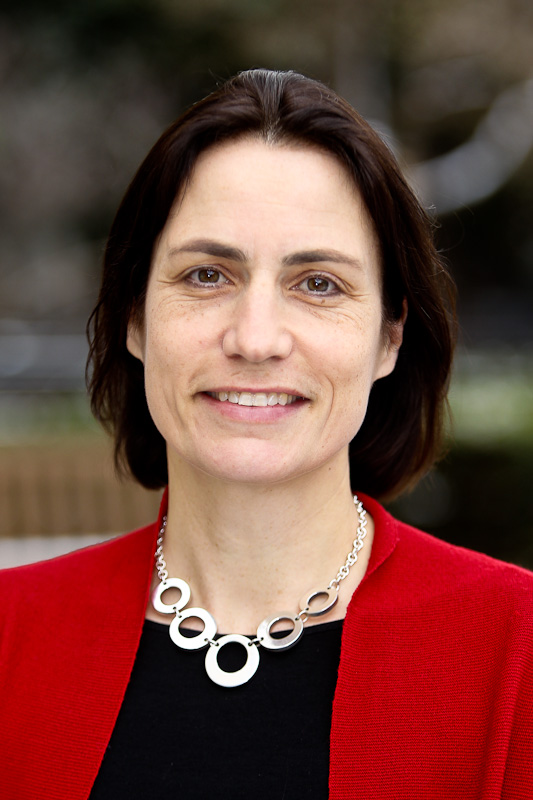
with Dr. Fiona Hill
02/09/2021
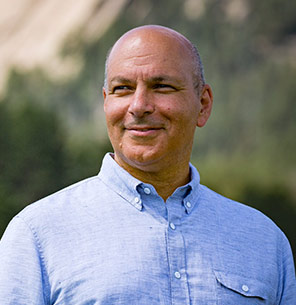
with Dr. Waleed Abdalati
02/23/2021
Dr. Waleed Abdalati is Director of the Cooperative Institute for Research in Environmental Sciences (CIRES) at the University of Colorado and a Professor in the University’s Department of Geography. CIRES, established through a cooperative agreement with the National Oceanic and Atmospheric Administration (NOAA), is a diverse institute that focuses on understanding the Earth System and its components, as well as the human relationship with our environment.
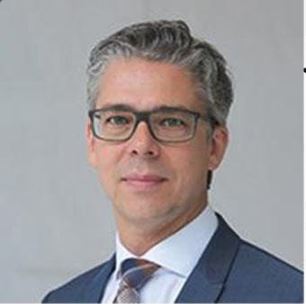
with Ricklef Beutin
In Conjunction with the American Council on Germany
03/11/2021
Ricklef Beutin is a visiting fellow in the Europe Program at the Center for Strategic and International Studies (CSIS). Prior to joining CSIS, he served as chief of staff to German Federal Foreign Minister Sigmar Gabriel. Between 2011 and 2015, he served as chief of staff to several state secretaries of the German Federal Foreign Office. From 2015 to 2016, he headed the Organization for Security and Co-operation in Europe (OSCE) division and served as deputy head of the Task Force for the German OSCE Chairmanship in 2016.
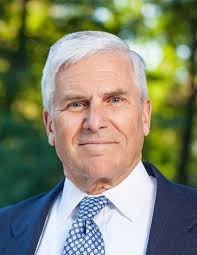
with General George W. Casey
04/07/2021
General George W. Casey, Jr. is one of the most accomplished soldiers in U.S. history and an authority on strategic and transformational leadership. As the 36th Chief of Staff of the U.S. Army from April 2007 to 2011, General Casey led what is arguably the world’s largest and most complex organization, 1.1 million people strong, with a $200+ billion annual budget, during one of the most extraordinary periods in military and global political history. He is widely credited with restoring balance to the war-weary U.S. Army and leading the transformation necessary to ensure the Army remained relevant in current conflicts. Prior to this post, General Casey commanded the Multinational Force-Iraq, a coalition of more than 30 countries, where he guided the Iraq mission through its toughest days.
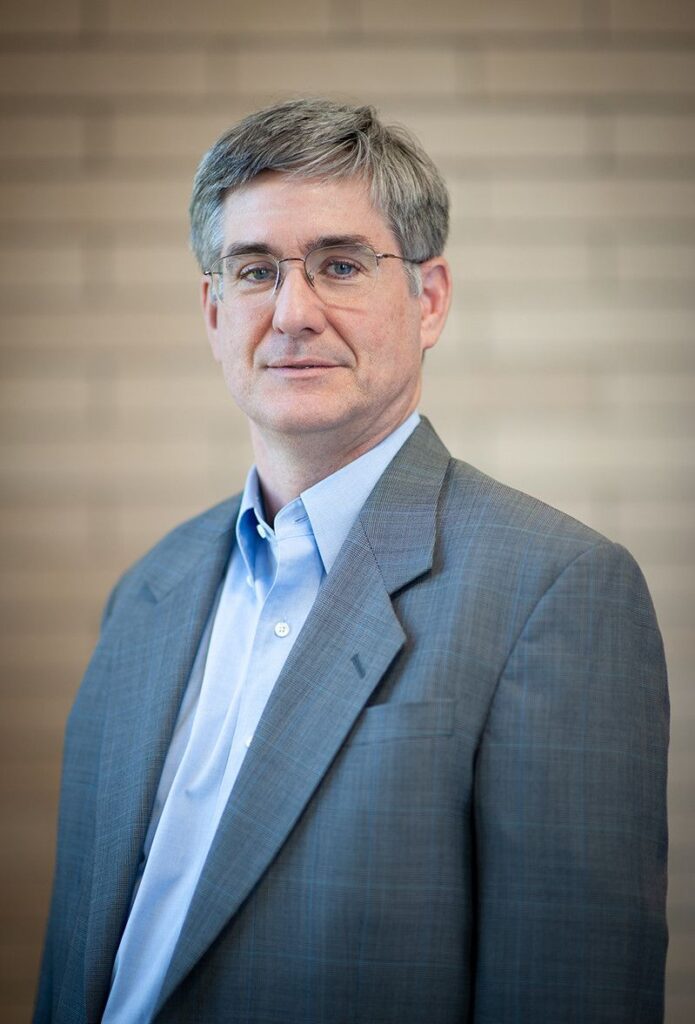
with Dr. Lewis Griffith
04/14/2021
Dr. Lewis Griffith holds a Ph.D. in International Studies from the Graduate School of International Studies (now the Korbel School), University of Denver. Specializing in the area of security studies, Dr. Griffith has done significant independent research, to include published work, in the areas of weapons proliferation, humanitarian intervention, and the implications of globalization on the state security policies of non-Western states. While completing his Ph.D., Dr. Griffith also held a number of academic and educational administrative positions, serving as the Project Director of the intercollegiate Rocky Mountain Model United Nations, the Project Director for the Colorado World Affairs Challenge, as well as serving as the Conference Coordinator for the ISSS/ISAC National Conference in 2000.

with General George W. Casey
04/07/2021
General George W. Casey, Jr. is one of the most accomplished soldiers in U.S. history and an authority on strategic and transformational leadership. As the 36th Chief of Staff of the U.S. Army from April 2007 to 2011, General Casey led what is arguably the world’s largest and most complex organization, 1.1 million people strong, with a $200+ billion annual budget, during one of the most extraordinary periods in military and global political history. He is widely credited with restoring balance to the war-weary U.S. Army and leading the transformation necessary to ensure the Army remained relevant in current conflicts. Prior to this post, General Casey commanded the Multinational Force-Iraq, a coalition of more than 30 countries, where he guided the Iraq mission through its toughest days.
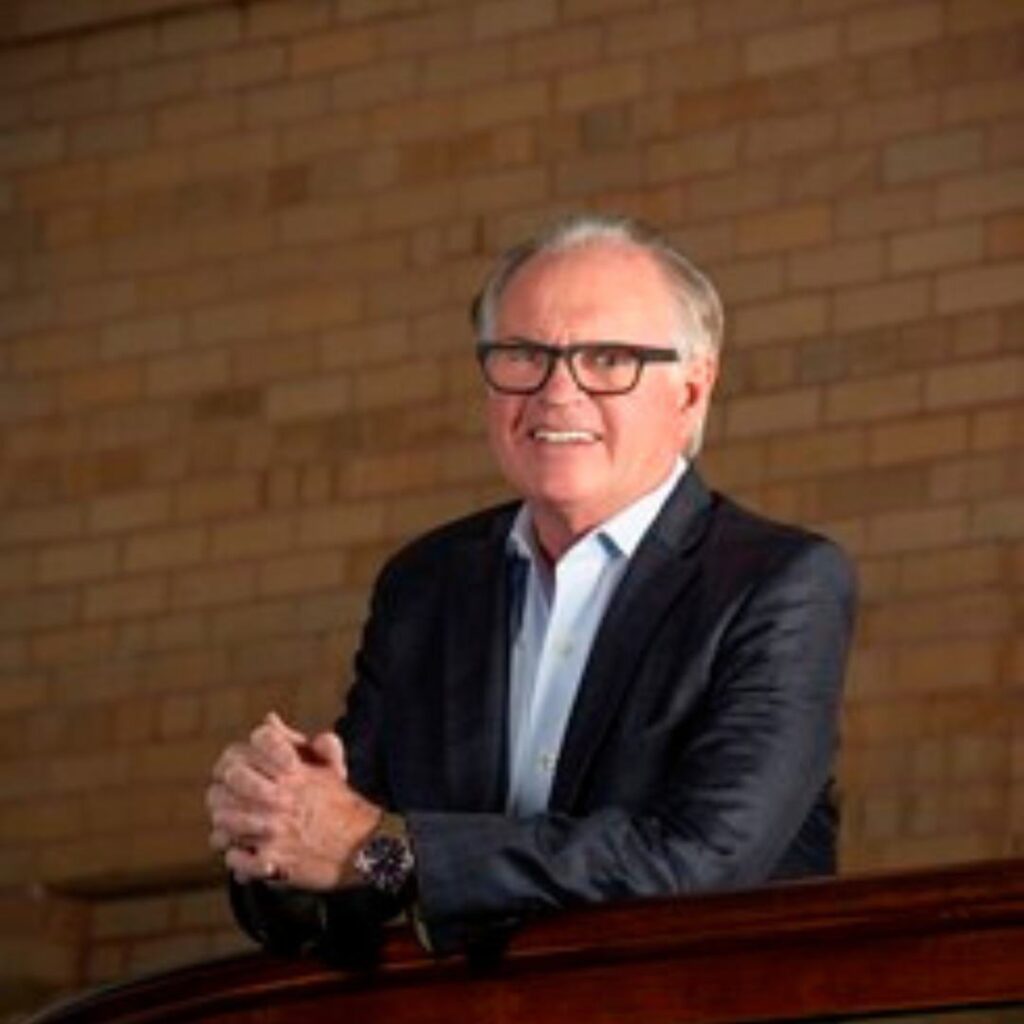
George Sparks has been the President/CEO of the Denver Museum of Nature and Science since November 2004. He spent 24 years in the electronics measurement business at Hewlett-Packard and Agilent Technologies. His career included marketing, sales, and general management of global business in software, systems, and services.
George’s career and impact have literally traversed the globe. As an executive for Hewlett Packard, he ran global projects for more than 20 years, leading research and development and marketing teams in Scotland, Japan & Germany. In one role, he led a team of 1800 technical support people in 16 different time zones, integrating many different cultural expectations and norms. And as vice president for Hewlett Packard’s wireless communications business , his team created tools and software for cellular technology developers in the U.S., Europe and Asia. While leading international teams around the world, he flew 2 million miles, meeting with team members and customers.
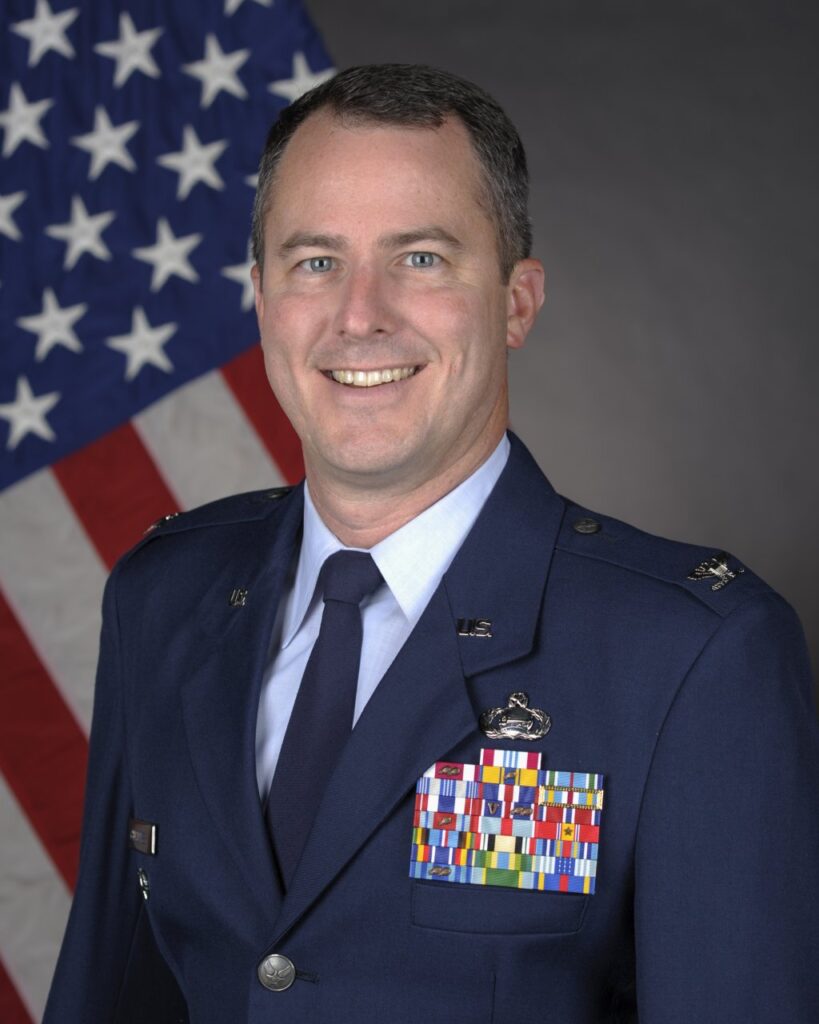
with Colonel Tim Childress
06/08/2021
Colonel Timothy Childress is commander of the Air Force Reserve Officers Training Corps (AFROTC) Detachment 90, Fort Collins, Colorado. Detachment 90 is one of 145 AFROTC detachments, subordinate to the Holm Center, Maxwell AFB, Alabama. In this capacity, Col Childress leads approximately 200 cadets through a college-level officer training program while serving as the senior Air Force officer at the university, ultimately determining who is commissioned. In addition, Col Childress chairs the Department of Aerospace Studies with university status of full professor and instructs a curriculum covering Foundations of the U. S. Air Force, Air Force History, Leadership and National Security Affairs. Detachment 90 was selected as the AFROTC “Right of Line” award winner for 2019-2020, signifying being the Air Force’s best large ROTC Detachment.
Col Childress received a Bachelor of Arts Degree in Political Science in 1994 from Georgia State University and was commissioned through the Georgia Tech ROTC Program. He has commanded at the Flight and Squadron levels, worked on the Air Staff at the Pentagon, and served joint tours at U.S. European Command and the National Geospatial-Intelligence Agency (NGA). He also served as the Central Asia Flight Commander for the Air Force’s only Combat Aviation Advisor Squadron spending 3 years as an advisor to partner air forces.
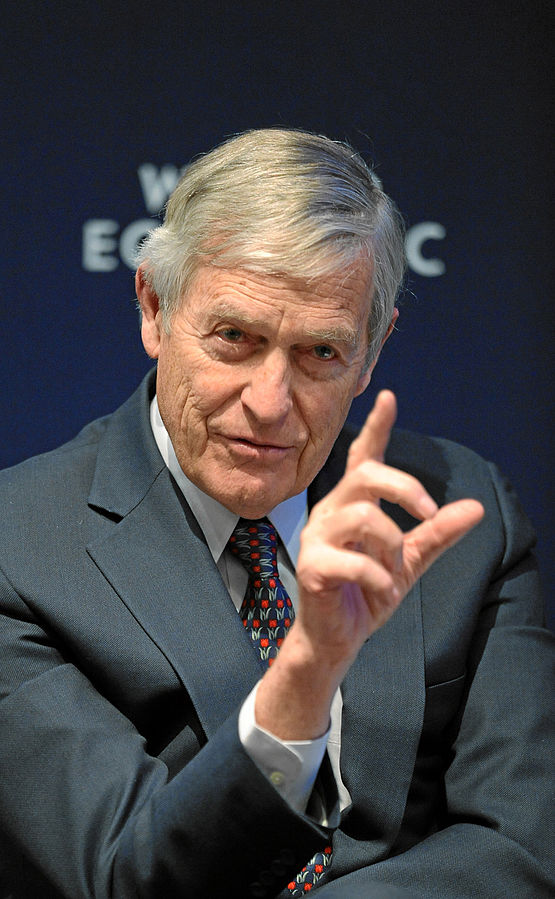
with Tim Wirth
06/21/2021
Timothy Endicott Wirth (born September 22, 1939) is a former United States Senator from Colorado. Wirth, a Democrat, was a member of the House from 1975 to 1987 and was elected to the Senate in 1986, serving one term there before stepping down. Additionally, he served both as Deputy Assistant Secretary for Education for part of the Nixon Administration and later for the Clinton Administration as the first Under Secretary of State for Global Affairs for the U.S. State Department. [1] In the State Department, he worked with Vice President Al Gore on global environmental and population issues, supporting the administration’s views on global warming.
A supporter of the proposed Kyoto Protocol, Wirth announced the U.S.’s commitment to legally binding limits on greenhouse gas emissions. From 1998 to 2013, he served as the president of the United Nations Foundation, and currently sits on the Foundation’s board.
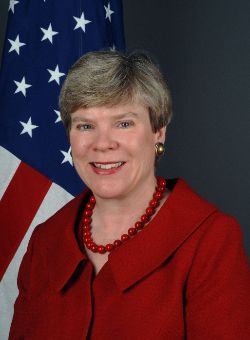
with Rose Gottemoeller
09/29/2021
Rose Gottemoeller is the Payne Distinguished Lecturer at Stanford University’s Freeman Spogli Institute for International Studies and its Center for International Security and Cooperation. Before joining Stanford, Gottemoeller was Deputy Secretary of NATO from 2016-19. Prior to NATO she served in the U.S. State Department as the Under Secretary for Arms Control and International Security as the U.S. Department of State. In 2009-10, she was the chief U.S. negotiator of the New Strategic Arms Reduction Treaty (New START) with the Russian Federation, an experience captured in her memoir, Negotiating the New START Treaty, published in May 2021 by Cambria Press.
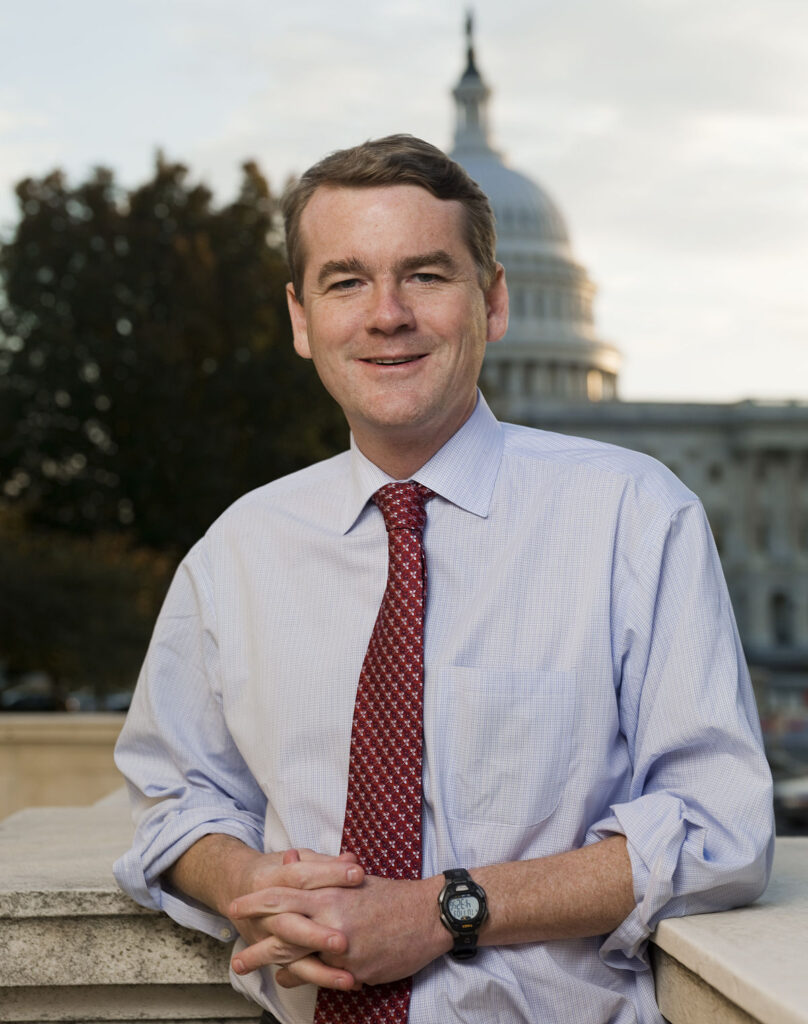
Michael Bennet is an American businessman, lawyer, and politician who has served as the senior United States Senator from Colorado since 2009. In 2003, then- Denver Mayor John Hickenlooper hired Bennet as his chief of staff. Two years later, he was selected as the superintendent of Denver Public Schools, where he served until 2009.
On January 21, 2009, Gov. Bill Ritter (D) appointed Bennet to the U.S. Senate after incumbent Ken Salazar (D) resigned. In 2010, Bennet won the general election against Republican Ken Buck. He was re-elected to the Senate in 2016. Bennet was a member of the Gang of Eight, a group of four Democratic and for Republican senators who attempted to pass a bipartisan immigration bill in 2013. His January 24, 2019, floor speech in response to Sen. Ted Cruz (R) about the partial government shutdown became the most-watched C – SPAN video on Twitter as of May 2, 2019.
In 2019, Bennet published “The Land of Flickering Lights: Restoring America in an Age of Broken Politics”, a book in which he assessed the state of the American government.
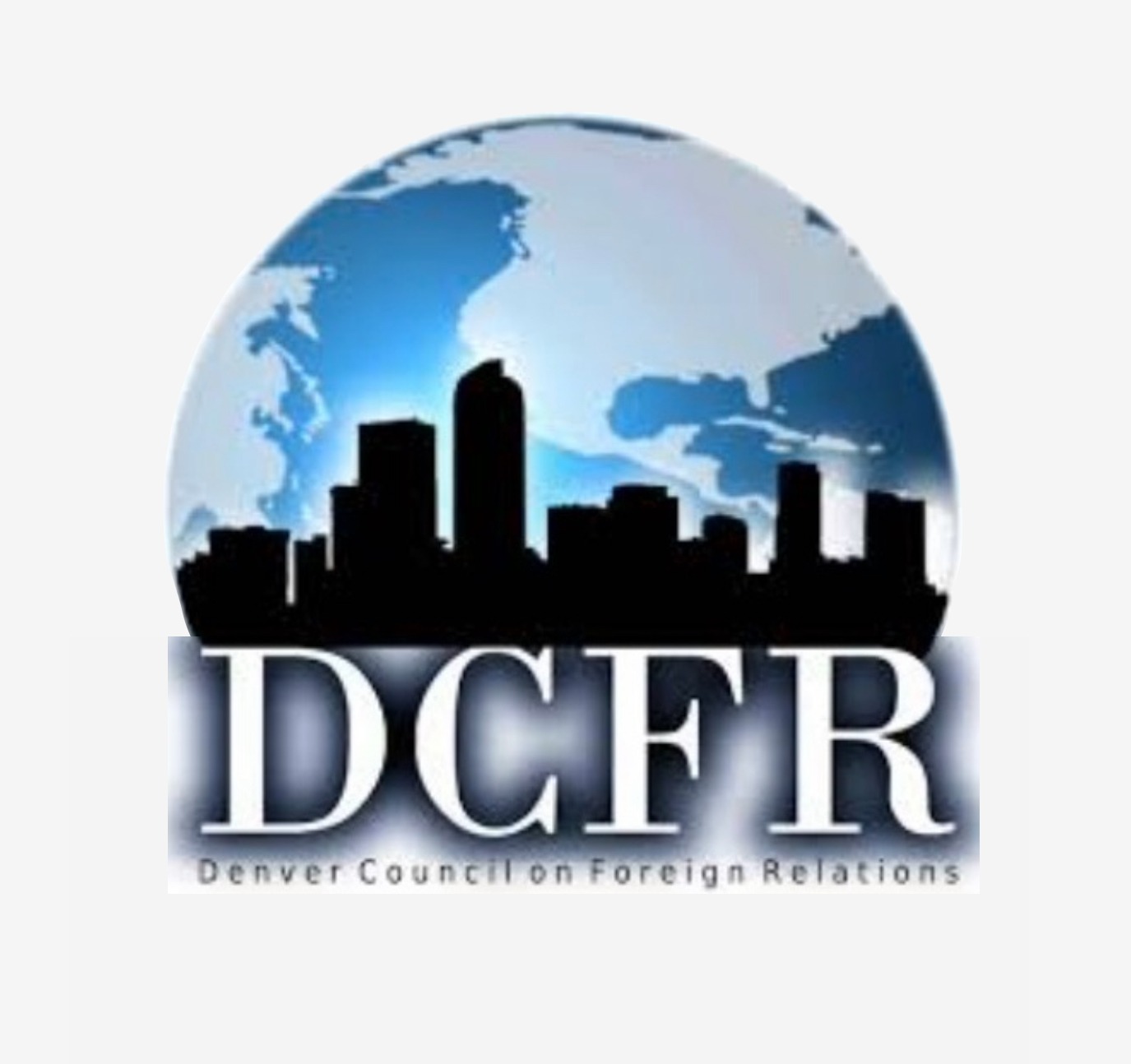
The mission of the Denver Council on Foreign Relations is to build awareness of international issues and to promote the understanding of American foreign policy and world affairs.